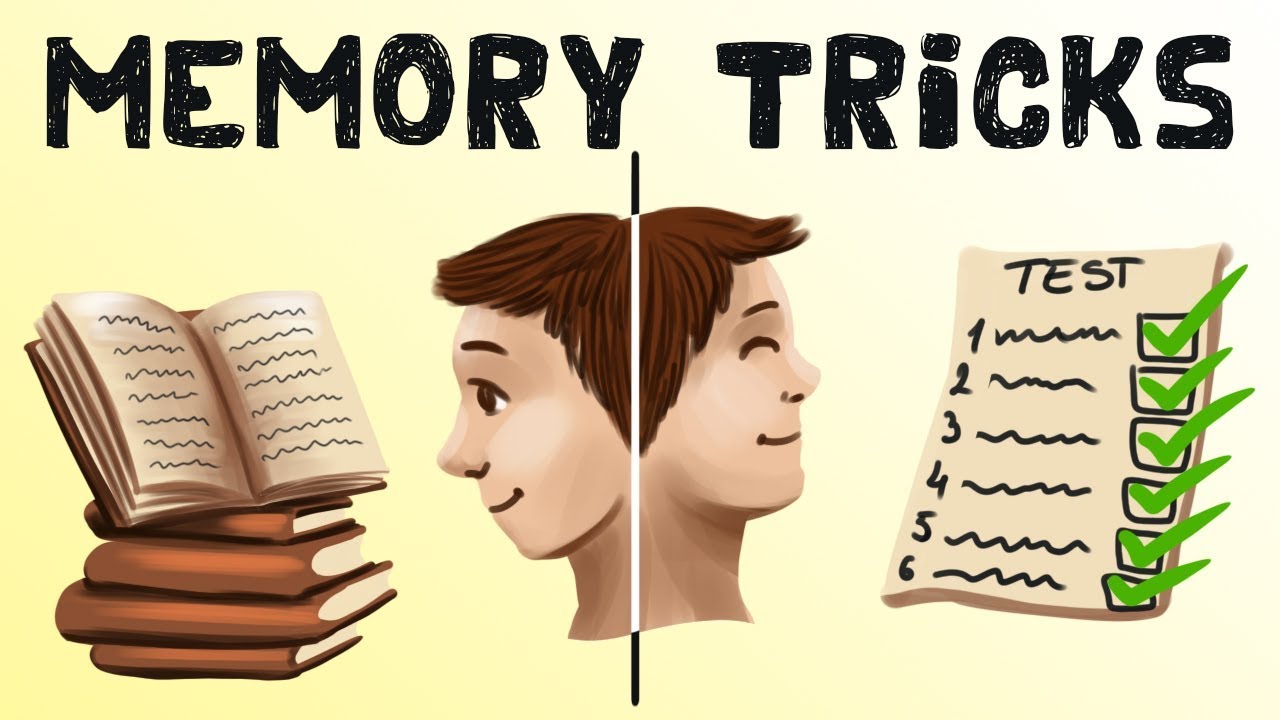We all notice changes in our ability to remember things as we get older.
Maybe you went into the kitchen for no apparent reason, or you couldn’t recall a familiar name during a chat. You can even miss an appointment because you forgot about it. Memory lapses can occur at any age, but as we become older, we get more concerned about them because we believe they are an indication of dementia, or loss of intellectual function. Significant memory loss in older people, however, is not a normal part of aging—rather, it is caused by biological illnesses, brain injury, or neurological illness, with Alzheimer’s being one of the most feared.
The majority of our transient memory issues as we age are caused by normal changes in the structure and function of the brain. These modifications might inhibit certain cognitive processes, making it more difficult to learn new things rapidly, or they can filter out distractions that can interfere with memory and learning. To be sure, these changes can be frustrating and appear to be far from innocuous when we need to master new skills or juggle a plethora of duties. Several ways for protecting and sharpening our thoughts have been developed as a result of decades of research. Here are seven ideas to get you started.
- Continue to learn
A higher level of education is linked to improved mental functioning in old age. Experts believe that further education might help people maintain their memory by instilling the habit of being cognitively active. Mental exercise is thought to trigger systems that help preserve individual brain cells and encourage communication among them. Many individuals have jobs that keep them mentally engaged, but engaging in a hobby or learning a new skill can serve the same purpose. Read, join a book club, play chess or bridge, write your life narrative, do crossword or jigsaw puzzles, take a class, study music or art, or create a new garden layout. Propose or volunteer for a project at work that requires a skill you don’t normally utilize. Building and maintaining brain connections is a continual process, so prioritize lifelong learning.
- Make use of all of your senses
The more senses you employ to learn something, the more of your brain is engaged in remembering it. Adults were shown a sequence of emotionally neutral images, each accompanied by a smell, in one study. They were not asked to recall what they had seen. Later, individuals were shown a series of photos without scents and asked to identify which ones they had seen before. They demonstrated great memory for all odor-paired images, particularly those connected with pleasant odors. The piriform cortex, the brain’s main odor-processing region, became active when people encountered objects that had previously been matched with odors, even though the smells were no longer present and the subjects had not attempted to remember them. So, as you journey into the unknown, test all of your senses. For example, while smelling and tasting a new restaurant dish, try to estimate the ingredients. Try sculpting or ceramics, paying attention to the feel and scent of the materials you’re using. - Have faith in yourself
Myths about aging can contribute to memory loss. When exposed to negative stereotypes about aging and memory, middle-aged and older learners perform worse on memory tasks, while positive messages regarding memory maintenance into old life do better. People who believe they have no control over their memory function are less inclined to work on preserving or increasing their memory skills, making them more prone to cognitive decline. You have a better chance of keeping your mind fresh if you believe you can progress and put that idea into action. - Reduce the amount of time you spend thinking.
You’ll be able to concentrate on learning and remembering new and essential things if you don’t have to invest mental energy remembering where you left your keys or the time of your granddaughter’s birthday party. To keep everyday information accessible, use calendars and planners, maps, grocery lists, file folders, and address books. Make a spot at home for your glasses, pocketbook, keys, and other frequently used goods. Remove clutter from your office or home to reduce distractions and allow you to concentrate on new knowledge you want to recall. - State what you wish to know again.
If you want to recall anything you’ve just heard, read, or thought about, say it out or write it down. This reinforces the memory or relationship. For example, if you’ve just learned someone’s name, say it to him or her: “So, John, where did you meet Camille?” If you move one of your possessions from its customary location, tell yourself aloud what you’ve done. Also, don’t be afraid to request that information be repeated.
- Give it some breathing room
When repetition is appropriately timed, it is most effective as a learning technique. It’s preferable not to repeat something several times in a row, as if studying for an exam. Instead, re-study the essentials after gradually increasing time intervals – once an hour, then every few hours, then every day. When trying to grasp intricate knowledge, such as the specifics of a new work project, spacing out periods of study is especially beneficial. According to research, spaced rehearsal enhances recollection not only in healthy persons, but also in people who have certain physically related cognitive difficulties, such as those linked with multiple sclerosis. - Create a mnemonic.
This is a novel method of remembering lists. Mnemonic devices can be acronyms (for example, RICE for first-aid recommendations for damaged limbs: Rest, Ice, Compression, and Elevation) or words (such as the classic “Every good boy does fine” to remember the musical notes E, G, B, D, and F on the lines of the treble clef).
Need something stronger or want to jump to the best memory of your life?
Check out the clinically tested Neurodrine by clicking here

